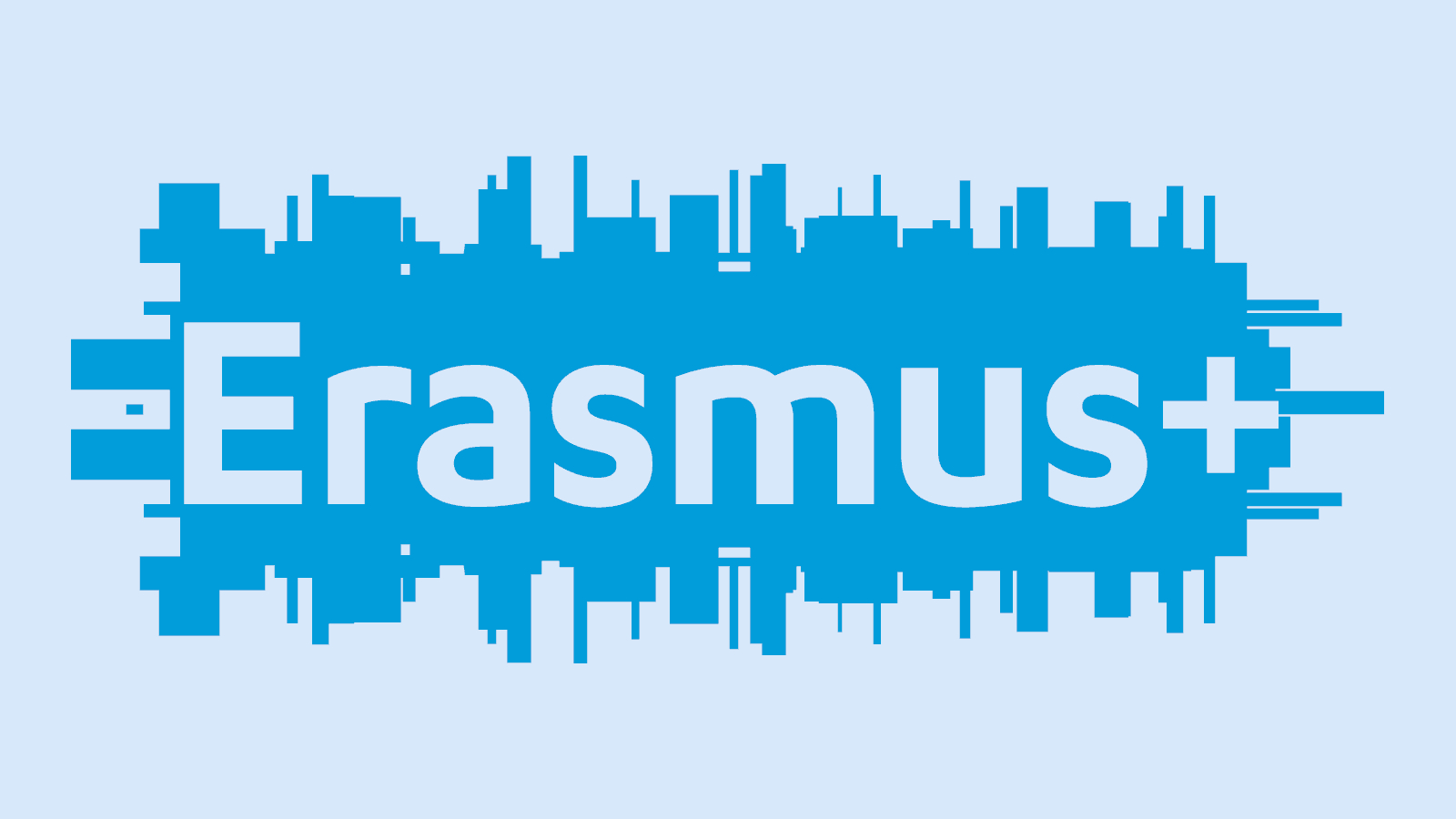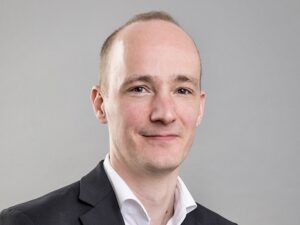Brussels, 13 September 2019
ECSWE joins ERASMUS+ partnership on personalised assessment

The partnership is just one among others that ECSWE and its member associations have joined over the past few years
In March 2019, ECSWE and the Learning for Well-being Foundation partnered with the Hungarian Waldorf Association to apply for ERASMUS+ funds. In July, we were informed that our application was successful.
ECSWE promoted this partnership in the hope of contributing to the development of a more personalised assessment culture in Europe. As a first step to reach this goal, the partnership aims to collect and better document personalised and formative assessment practices used in schools across Europe and to disseminate them to other schools in need.
The intended outcome is a collection of 20 personalised assessment practices from Waldorf and non-Waldorf schools in Europe. These practices will be documented online and in a printed form, with the aim of disseminating them to schools and inspiring teachers to use a broader range of assessment methods in their classrooms.
Following the successful project application, we have begun to coordinate with our partners to prepare a first kick-off meeting 29th-30th October 2019 in Brussels. During this meeting we will define the methodology of collection and assign responsibilities to the project partners.
This partnership is just one among other successful ERASMUS+ applications launched by or within ECSWE over the past few years:
- From 2019 to 2021, a joint project on sustainable building will bring together Waldorf schools from the following ECSWE member countries to jointly work on the creation of a tiny house and garden: Czech Republic, Flanders and Italy;
- In 2018, ECSWE joined a partnership on 21st century skills that brings together ten partners from various European countries working on the development of a teaching material and assessment toolbox for 21st-century teaching;
- In 2015, our member associations from the United Kingdom, Denmark, Norway and Finland partnered with the Crossfields Institute for a project on Acknowledging Creative Thinking Skills (ACTS) that aimed to find a way to raise attainment for all, reduce early school leaving and make education more meaningful and practically useful for all, through the integration of formal, non-formal and informal learning.
All of these projects demonstrate the Waldorf movement’s capacity to work together across borders and to join forces with other stakeholders to develop better learning environments for children in Europe.
A question? Please don’t hesitate to contact us!





